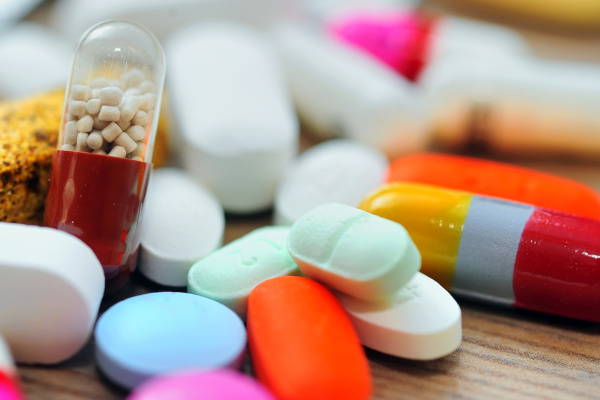- Anti-microbial resistance (AMR) is a threat to global health
- Vaccination reduces AMR by preventing infections and reducing antimicrobial use
- AMR could cause a 3% reduction in global GDP if not checked
As the world marks antimicrobial awareness week, leading global biopharmaceutical company, Pfizer hosted a media roundtable where Health Care Practitioners warned that drug resistance also known as Anti-microbial resistance (AMR) is fast becoming a threat to global health.
Drug resistance occurs when a bacteria, fungi, viruses, and parasites change over time and become less susceptible to antimicrobial treatments. This makes infectious diseases more difficult to treat leading to an increased likelihood of the disease spreading, prolonged illness, disability and even death.
Speaking during the media roundtable, Aga Khan University Hospital’s Head of Family Physician Department, Dr. Jacob Shabani said, “There is increased need to support and encourage the development of vaccines as they are valuable in combating Antimicrobial Resistance incidences. Research institutions responsible for vaccine research, international medical organisations and national governments need to appreciate and acknowledge that investment in vaccines will play a significant role in the reduction of AMR.”
The World Health Organization (WHO) has declared AMR as one of the top 10 global health threats facing humanity. Misuse and overuse of antimicrobials are the main drivers in the development of drug-resistant pathogens. It recommends three priority actions to be considered by stakeholders in the fields of immunization. These are: Expanding the use of licensed vaccines to maximize impact on AMR, developing new vaccines that contribute to the prevention and control of AMR and expanding and sharing knowledge on the impact of vaccines on AMR.
The Kenya Defence Forces Memorial Hospital’s Infectious Disease Specialist, Dr. Sylvia Gachoka said, “The economic cost of AMR to the global economy is high. In addition to death, disability and prolonged hospitalization, the financial repercussion on the affected is huge. Further complicating AMR is the fact that the production pipeline for new antimicrobials is dry and there is a global shortage of quality antimicrobials especially in developing nations.”
Antimicrobials are medicines used to treat infections in people and include antibiotics, antivirals, antifungals and antiparasitic, and their misuse and overuse are the main causes of drug resistance which is leading to increased morbidity, disability, mortality, and financial catastrophe.
Dr. Eva Njagua, Senior Medical Manager at Pfizer commented, “At Pfizer, we have a long history in research and development aimed at bringing scientific breakthroughs and revolutionary medicines that change patients’ lives. Researchers and manufacturers need to be offered appropriate incentives for research and be enabled to have a greater and collective impact on AMR. In cases where prospects for wholesale investments are limited due to market constraints, partnerships should be encouraged within the context of national health and medicine policies.”
The World Bank projects that Antimicrobial Resistance would account for more than 3% reduction in Gross Domestic Product globally by 2050 if interventions are not implemented as soon as possible.
Health Care Practitioners Warn Against Increased Incidences of Drug Resistance in Kenya

426 Views






More Stories
Taxpayers Bear the Brunt as Ruto’s Government Continues to Expand
How Schools Can Play a Vital Role in Promoting Children’s Dental Hygiene
Kenya Unveils 10-Year Irrigation Investment Plan to Boost Food Security and Economic Growth